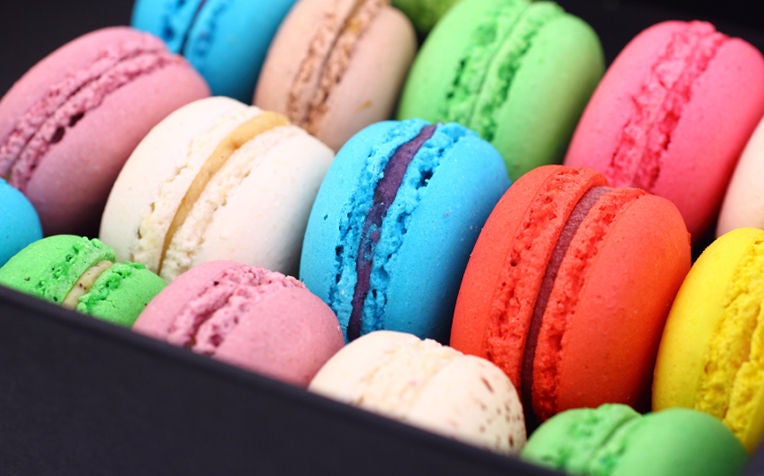
Food cravings are related to childhood habits and visual cues.
Do you get a craving for dessert or something sweet like chocolate after dinner every day? And are these cravings preventing you from achieving your weight-loss goal? If you answer yes to these questions, you can console yourself with the fact that you are not alone.
“There are psychological and physiological theories as to why we might crave high-sugar and high-fat foods,” says the dietetians from the Department of Dietetics, Singapore General Hospital (SGH), a member of the SingHealth group.
Your craving for desserts after dinner could be a habit cultivated during childhood. Or a craving for candy and salted snacks like potato chips could mean you have associated that particular food with a psychological sense of comfort or reward.
For instance, calorie-dense foods like potato chips, popcorn and salted peanuts are often consumed during social group activities such as watching a movie or a ballgame with friends. This association with fun, relaxation and socialising may make these foods, compared to healthier alternatives, a needless must-have during these group activities.
Some argue that humans since the prehistoric times have food cravings due to nutrition deprivation. However, this theory has been deemed controversial as we find more links between cravings and environmental and emotional cues.
High-sugar and high-fat food cravings and their link to brain chemicals
High-sugar and high-fat foods not only taste pleasant to the palate, they may have a link to brain chemicals (e.g. serotonin) which give us feelings of pleasure.
There is evidence that sweet foods are linked to reward pathways in the brain, which is why some people turn to them for comfort in times of stress. Consumption of high-sugar and high-fat foods may release these neurochemicals which can affect our sense of well-being.
In addition, stress prompts our body to produce more of the hormone cortisol. One of cortisol’s effects is to increase the feeling of hunger.
Enjoying a treat, whether it is high in sugar, fat or salt once in a while is acceptable. The problem arises when there is overindulgence, in frequency or in portions, leading to excess weight gain. This consequence can lead to chronic health problems such as diabetes, high blood pressure, high cholesterol, and heart disease.
Cravings related to visual cues
Part of the urge to munch on sweet foods and unhealthy salted snacks may be related to the colourful, creatively designed advertisements that stimulate a desire to eat.
Over time, the desire to eat these foods can become a conditioned response, triggered by ad images.
Need help adopting a better lifestyle? The LIFE Centre at Singapore General Hospital (SGH) has a multidisciplinary team of experts who can provide you with guidance on weight management, exercise and diet.
Read on for tips to help you cope with your food cravings.
Ref: S13
Contributed by
















